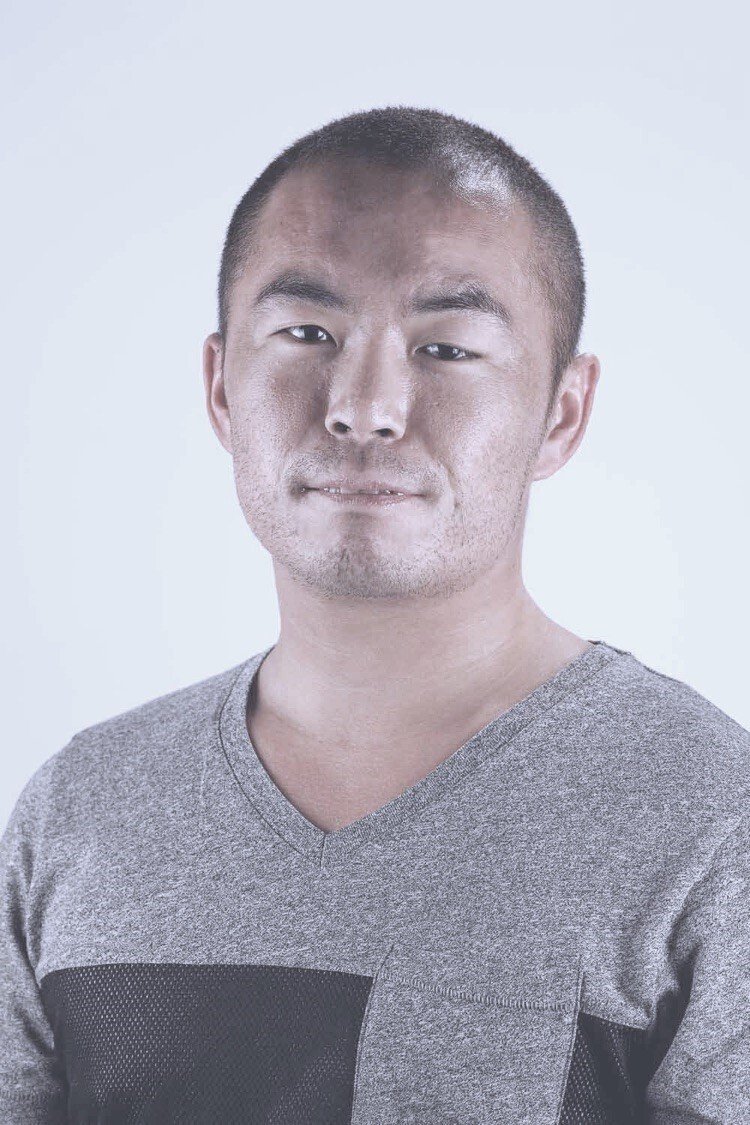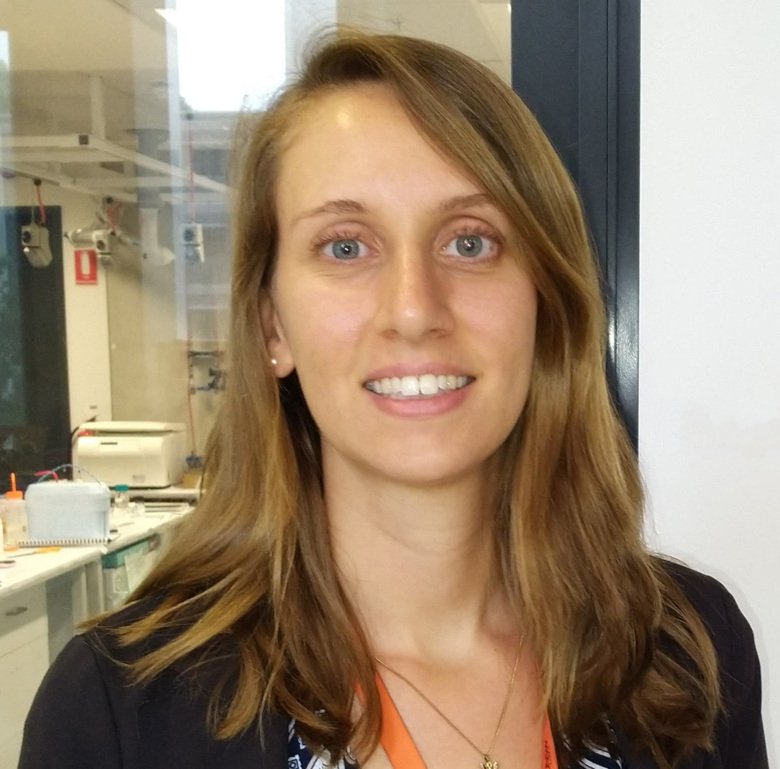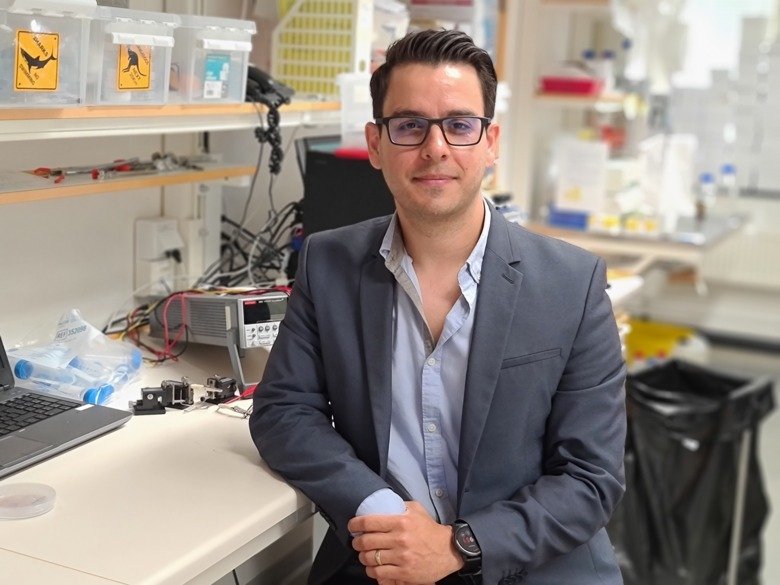Research grants awarded to AIMES
Erica Zeglio, Hongji Yan, Onur Parlak and Anna Herland, researchers at the research center AIMES, Center for the Advancement of Integrated Medical and Engineering Sciences at Karolinska Institutet, are all awarded grants from The Swedish Research Council 2022.

”Improving islet transplantation by developing immune-orchestrating gels for the microencapsulation of islets by microfluidics”
Hongji Yan – Researcher at KTH with affiliation to KI
The insulin-producing beta cells of patients with type 1 diabetes (T1D) are attacked and destroyed by their immune system as if they were invaders. Patients are dependent on insulin injections, and their blood glucose levels cannot be fine-tuned as they would be with functioning pancreatic islets. The starting grant is to develop novel immunosuppressive gel microcapsules to encapsulate islets or islet-like organoids prior to transplantation. This strategy could improve the feasibility of cell transplantation therapy for the treatment of TID by replacing the need for lifelong immunosuppressive therapy, which is associated with serious side effects such as the increased risk of cancer and infection.

”Biodegradable electronic polymers: from device components to in vivo monitoring technologies”
Erica Zeglio – Researcher at KTH with affiliation to KI, Team Leader at AIMES
Temporary implants are currently based on electronics that dissolve in contact with water, limiting their application in contact with (water-based) biological fluids. With the project “Biodegradable electronic polymers: from device components to in vivo monitoring technologies”, the Team led by Erica will investigate device components that are stable in contact with water and degrade into nontoxic products by the action of living cells.

”Epidermal bioelectronics for infection monitoring in human skin wounds”
Onur Parlak – Assistant professor at KI, Team Leader at AIMES
In the epidermal bioelectronic project, the Parlak Team will develop an epidermal sensor patch to continuously monitor chronic wound healing on human skin. The team will combine cutting-edge interdisciplinary methodologies with their unique access to patient materials, which creates an unprecedented opportunity to address fundamental questions in host-pathogen interaction and skin infection.
”Refining neurovascular in vitro models”
Anna Herland – Associate professor at KTH, researcher at KI, Team Leader and at AIMES
All new drug candidates need to be evaluated for central nervous system (brain) penetration and side effects. Unfortunately, and especially for new drug types, the testing methods do not show how the drugs will work in humans. The research will focus on developing and validating human functional Organ-on-Chip models of the brain and its vasculature. The work, which is a collaboration with AstraZeneca around the theme to reduce and refine animal experiments, will especially focus on human-specific drugs including viral vectors and protein or peptide-based drugs.
“2D and 3D in vitro models with organic electronic interfaces to electrogenic cells”
Anna Herland – Associate professor at KTH, researcher at KI, Team Leader and at AIMES
Electrodes are needed to stimulate and measure electrically active tissues, such as the heart and brain. Electrodes are specifically used in electrophysiology, the studies of electrically active cells outside the body. This is an essential method in drug development and toxicity studies. The main goal of this project is to create new methods to carry out electrophysiology in 3D and microfluidic cell culture, so called Organ-on-Chips. The research will combine the development of new polymer materials, new transistor designs, and new fabrication methods for electroactivity measurements in 2D and 3D systems.
